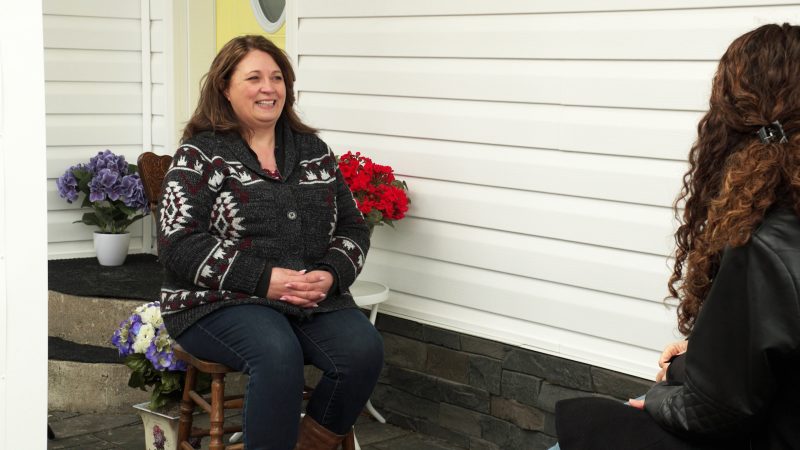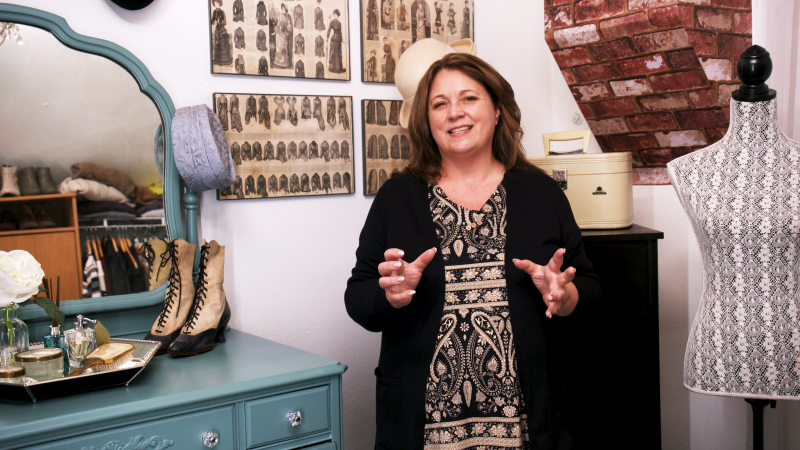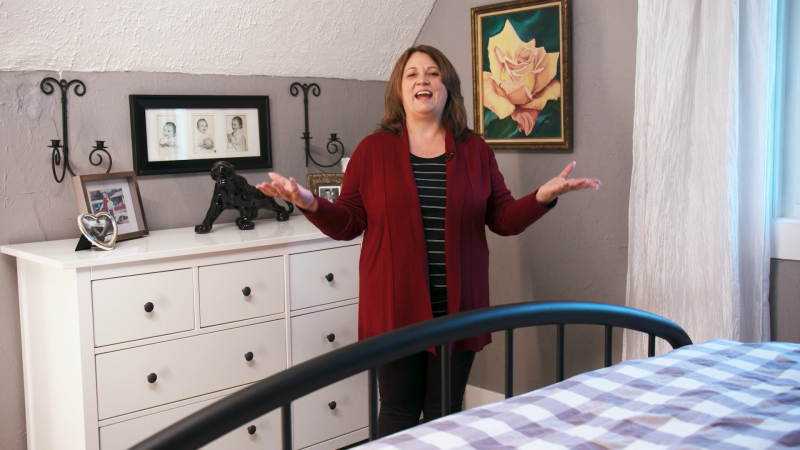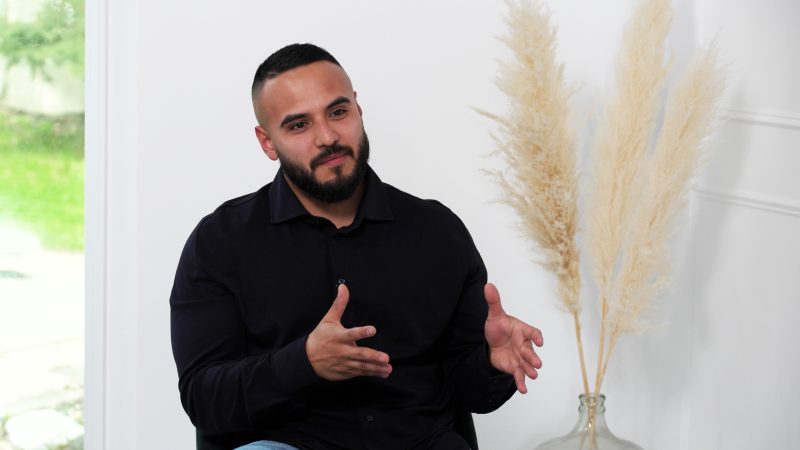LOW-TO-NO-TECH EDUCATION
Shortly before he passed away, Steve Jobs was asked by a New York Times journalist: “So, your kids must love the iPad?” Jobs said he banned his kids from using an iPad. “We don’t allow the iPad in the home. We think it’s too dangerous for them in effect.” Along the same lines, Bill Gates said, “My kids get limited computer time.” Gates also held off on providing his kids with cell phones until they turned 14, but Melinda Gates wished they had waited longer and not allowed their teenage children to have cell phones. Apple’s current CEO, Tim Cook, noted: “I don’t want my nephew on a social network.”1
Often those who are the most wary of a thing are the people closest to it. Many of the technologists who know how phones really work have decided they don’t want their own children anywhere near the devices they themselves have created. Within the high-profile community of Silicon Valley, a region-wide consensus has emerged: “The benefits of screens as a learning tool are overblown, and the risks for addiction and stunting development seem high.” 2
Leading Christian research specialist George Barna has identified how media exposure has become the most widespread and serious addiction in the world today, and in his book Glow Kids: How Screen Addiction Is Hijacking Our Kids, addictions specialist Dr. Nicholas Kardaras writes, “I’ve worked with hundreds of heroin addicts… and what I can say is that it’s easier to treat a heroin addict than a true screen addict.” Chris Anderson, the former editor of Wired and current CEO of 3D Robotics, said, “On the scale between candy and crack cocaine, [screens are] closer to crack cocaine. We thought we could control it… this is beyond our power to control. This is going straight to the pleasure centres of the brain.” Anderson, who sent his children to a private elementary school, noticed the administration initially introduced iPads and smart whiteboards, only to see the classrooms “descend into chaos and then pull back from it all.”3
Top computer and software engineers at tech companies, such as Google and Apple, believe in zero screen time for their children, to the point that many have their nannies sign contracts confirming they will keep phones and tablets hidden from their children, TVs off, and allow absolutely no screen time.4 Many of these tech experts send their children to Silicon Valley’s most elite private school: The Waldorf School of the Peninsula, where they emphasize getting outdoors, hiking, gardening, exploring in the woods, and reading books. Their policy is that children should not be exposed to electronic media in their daily lives; neither should they watch television, movies, or videos, play video games, or use computers. Additionally, exposure to radio and recorded music should be limited. Facebook executive Athena Chavarria says she lives by the mantra that the last child in the class to get a phone wins.5
A study in Denmark where teens and young adults went off social media for one week yielded the following results: 36% drop in loneliness, 33% drop in depression, and a 36% drop in anxiety.
Recently, René and I have been sharing in churches throughout Canada messages for young people, and families with young children, focusing on strategies for using technology and how to identify whether you are more likely to be negatively impacted by social media, offering solutions to help children, youth, and people of all ages who wish to control their technology. Many have had their eyes opened to practical approaches to controlling rather than being controlled by these powerful devices.
If you would like to invite us to come to your church to conduct a program like this, please, contact us at: [email protected] Alternatively, you can write to us at: It Is Written Canada, Box 2010, Oshawa, Ontario, L1H 7V4, or call us at: (905) 404-6510.
– Mike Lemon
1. Nellie Bowles, “A Dark Consensus About Screens and Kids Begins to Emerge in Silicon Valley,” New York Times, Oct. 26, 2018
2. Ibid.
3. Ibid.
4. Nellie Bowles, “Silicon Valley Nannies Are Phone Police for Kids,” New York Times, Oct. 26, 2018
5. Nellie Bowles, “A Dark Consensus About Screens and Kids Begins to Emerge in
Upcoming Episodes
JULY 6
Remodeled in Christ
When Paulie Rogers and her husband, Kenny, started renovating and remodeling their old Victorian farmhouse, it inspired her to write a book called: My House Renovated, One Room at a Time. It is a six-week Bible Study to discover what it means to be remodeled in Christ as we experience Him in every room of our lives.
JULY 13
Create in Me a Clean Heart
Paulie Rogers takes us into the most private room in a home, the bathroom, a place where, in the spiritual sense, only God can create a clean heart and renew His right Spirit within us.
JULY 20
Finding Peace in the Storm
Paulie Rogers shows us the bedroom, a place to rest peacefully, knowing that Jesus stills the raging storms of trials and heartache in our lives. Here we will learn what it truly means to trust our Creator and Redeemer with everyone and everything in our lives.
JULY 27
Danger to Society
Caught up in a lifestyle of drug dealing, Jorge Torres found himself addicted to the hustle and willing to risk everything – including the lives of his own family, but as the consequences of his actions escalated, so did his desire to change.
It Is Written Canada Celebrates 50 Years!

It has been 50 years since Henry Feyerabend launched his first TV broadcast in Canada. To celebrate It Is Written Canada’s 50th anniversary, we decided to stage several rallies at various churches across the country during the months of September and October, and we will soon let you know where these rallies will be. To enjoy our classic programs with Pastor Henry Feyerabend, please visit us at iiw.ca and click on IIWC Classics.
Upcoming In-Person Events
July 5 – 12
Man – Sask
Camp Meeting
– Whitesand
July 13 – 18
Alberta
Camp Meeting
– Foothills
July 19 – July 27
Newfoundland
Camp Meeting
– Woody Acres
July 30 – August 3
BC
Camp Meeting
– Hope

THIS MONTH’S FREE OFFER – Longing for Home, by Penney E. Wheeler
Living in a world ravaged by famine, wars, addictions, disease and death, we can barely imagine a different life. Few of us recognize that our restlessness, frustration, and bouts of depression are simply expressions of a silent longing for the home our Father has waiting for us.
CRUNCHY CHOCOLATE BARK

INGREDIENTS:
- 8 ounces of dairy-free dark chocolate
- 1/2 cup raw cashews
- 1/2 cup raw walnuts
- 1/4 cup quinoa (uncooked)
- 2 tablespoons of maple syrup
INSTRUCTIONS:
- Preheat your oven to 350oF and line a baking sheet with parchment paper.
- In a mixing bowl add the nuts, quinoa, and maple syrup and stir until well combined. Spread the mixture onto the prepared baking sheet and bake for 10 minutes. Remove the baking sheet from the oven and let it rest for 10 minutes while you prepare the chocolate.
- In a double boiler, melt the chocolate chips over low heat. Stir frequently to ensure the chocolate doesn’t burn.
- Once the chocolate is fully melted, remove it from the heat and stir in the roasted nuts and quinoa. Pour the chocolate mixture onto the prepared baking sheet and use a spatula to spread it evenly.
- Sprinkle any desired toppings (nuts, seeds, dried fruit, coconut, sea salt) on top of the chocolate, pressing them gently into the chocolate.
- Place the baking sheet in the freezer for at least 30 minutes, or until the chocolate has fully hardened.
- Once the chocolate is hardened, break the bark into small pieces and enjoy.




